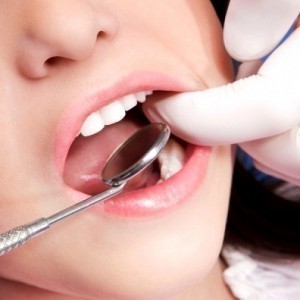Dental tourism can be defined as a sub-type of medical tourism. Medical tourism means traveling to a foreign country to receive medical treatment or to undergo surgeries. Depending on the type of procedure, the prices can be much higher (or much lower), compared to those in your home country. People usually go abroad to get medical treatment because the prices there are much lower. In the U.S., certain operations are ten times higher than in some Asian or European countries. People also travel abroad to get medical treatment they can’t get in their home countries.
 Dental tourists can actually travel abroad for different reasons, but low prices in foreign countries are the most common reason. Dental tourism usually means traveling from a high-standard country to a lower-cost economy, but that is not the rule. Other reasons include:
Dental tourists can actually travel abroad for different reasons, but low prices in foreign countries are the most common reason. Dental tourism usually means traveling from a high-standard country to a lower-cost economy, but that is not the rule. Other reasons include:
– Inadequate dental insurance in developed countries
– High costs in developed countries
– Long waiting period in a developed country
– Lower cost in a foreign (developing) country
– Low cost of travel to the country where the treatment will be done
Now, many people believe that low prices mean low quality. It can be true (in some countries), but this is not the rule. People are also concerned about the time needed for a safe dental procedure (most tourists plan to stay in the country for a couple of days). There is another issue related to dental tourism. As you know, there is the Joint Commission for medical tourism, but it does not exist for dental tourism.
Transparency of pricing can be another thing to think about before you decide to travel abroad for dental treatment. In some countries, final costs can be much different from what you expect. Before you choose the country to travel to for dental treatment, make sure you find several dentists and analyze the prices.
Keep in mind that some developing countries have limited supply, when it comes to new products and instruments used for dental care.
Location is one of the most important things to consider! If you are traveling to a distant country, such as Argentina, Singapore, India or Germany, and a problem arises, you will need to go back to that country to have it fixed. This can be very expensive. If you go to a foreign country to get dental implants, it is important to get all the information about your implants. Your doctor (in your home country) will need this information to restore the implants. Most patients take two trips: first, they will have the base set along with temporary crowns, and several months later, they will go back to remove the temporary crowns and have the permanent ones set.
To read about other people’s experience, visit Dental Tourism Forum.
